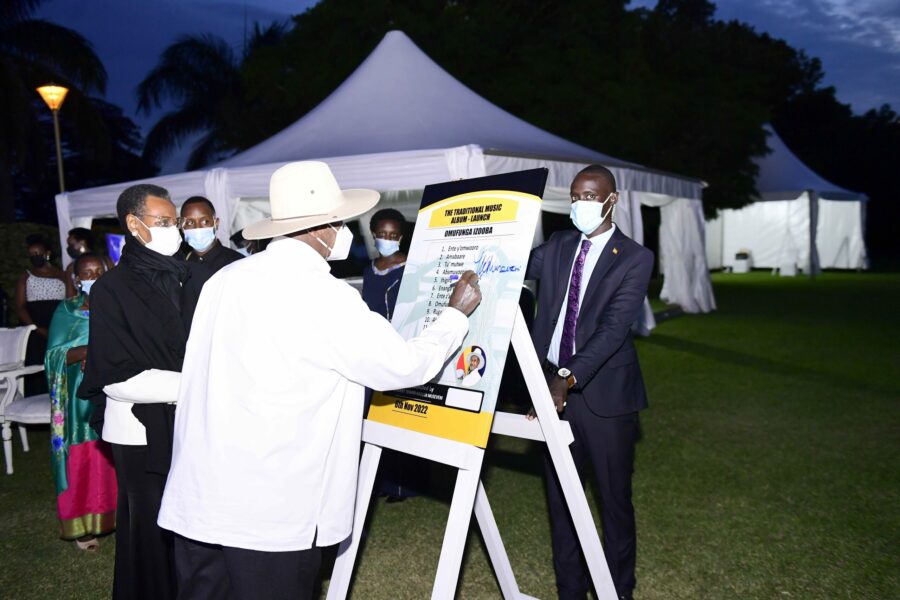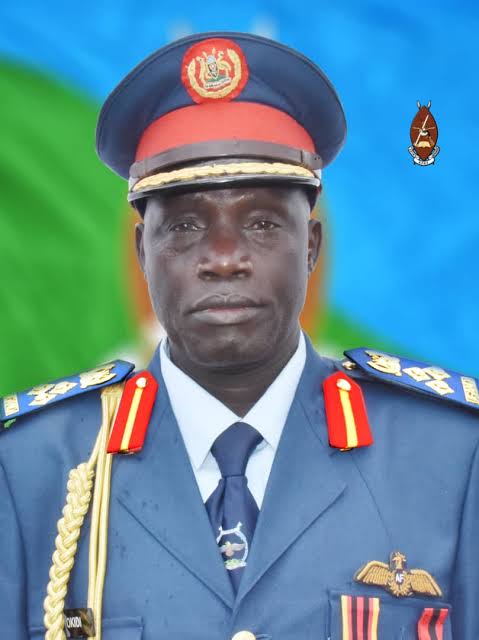Uganda has been very unfortunate in lurching from the Covid pandemic to an Ebola outbreak, but historically Uganda has a good record of dealing with Ebola, so we should have confidence in our healthcare system. Past outbreaks in Uganda have been contained, unlike the west Africa epidemic between 2013 and 2016 which claimed many thousand lives. In fact, Ugandans were called upon to bring their expertise to bear to control the west African Epidemic. This is not to say there is no cause for concern, but we should not panic.
This particular strain of Ebola is known as the Sudan Ebola Virus and is different from the Zaire strain. The mortality rate is around 50% but the outlook is improved for those who get early treatment. There is no FDA approved vaccine for this strain, but a trial vaccine will be introduced within the next two weeks. The first case was identified on September 20th in Madudu sub-county in Mubende District, but it is likely that there was a cluster of cases before they realised it was Ebola. Ebola is a zoonosis which can exist in animals such as monkeys, fruit-bats, and forest antelope. As forests have shrunk and the human population has increased, we have come into closer contact with such animals with a corresponding increase in the risk of exposure.
Ebola is spread in a different manner than Covid. Covid affects the respiratory system and can be spread through droplets in the air from an infected person who is still asymptomatic, while Ebola is contagious and can only be spread through contact with the bodily fluids of an infected person who has symptoms. Ebola starts to spread after the patient is symptomatic and becomes more infectious in the later stages of the disease with the dead body being particularly infectious. We can prevent the spread of Ebola by not touching those who are infected and not handling dead bodies, but in some traditions and religions in Uganda the relatives wash the body.
The Ministry of Health are trying to protect people by setting up teams who carry out scientific burials in the districts which are highly affected, but despite this there are those who persist in washing the bodies. There are even those who exhume bodies that have been scientifically buried so that they can perform the washing ritual. This is highly dangerous and is one of the causes for not getting the disease under control. The other issue is patients going to multiple clinics and traditional healers when they have early symptoms. The first symptoms are fever and headache, which could also be caused by malaria, so some cases have gone to a health centre and been treated for malaria, but when they have not recovered, they have gone to traditional healers.
The Ministry of health with other agencies such as CDC, UVRI, USAID, and Uganda Red Cross have been working to sensitise communities, and set up isolation centres and treatment centres in various districts. The incubation period is 2 – 21 days so when a case is detected the MOH team carry out contact tracing and ensure that the contacts are kept in isolation for 21 days. If any of the contacts become positive during this period, they are transferred to a specialised treatment centre. Those who get treatment early have a better survival rate.
Ebola was spread to Kampala when a patient escaped and came to Kampala for treatment, and in the process set up a whole chain of contacts. These contacts were traced and isolated, and the MOH is confident that 98% of these contacts have been identified. So, the current situation is that there are still challenges in bringing this outbreak under control, but it is not out of control. The advice to the public is to avoid those districts at the epicentre of the outbreak – Mubende, Kassanda and Kyegegwa, and to follow SOPs which in this case are temperature checks, avoiding unnecessary physical contact, handwashing and sanitising. Masks can be worn but the main protection is not touching other people unnecessarily.
Should a person have symptoms of headache and fever they should go to their preferred healthcare provider for a check. The doctor should establish if they are likely to have been in contact with a case of Ebola, plus carry out the normal tests to exclude malaria or other common conditions. If he feels there is likelihood of Ebola, he should send a test to MOH which will come back within 24 hours. One must have had physical contact with a case to get Ebola, which is unlikely for most of us, but we should still take sensible precautions, and health workers in contact with cases must wear appropriate PPE.
Do you have a story in your community or an opinion to share with us: Email us at Submit an Article








